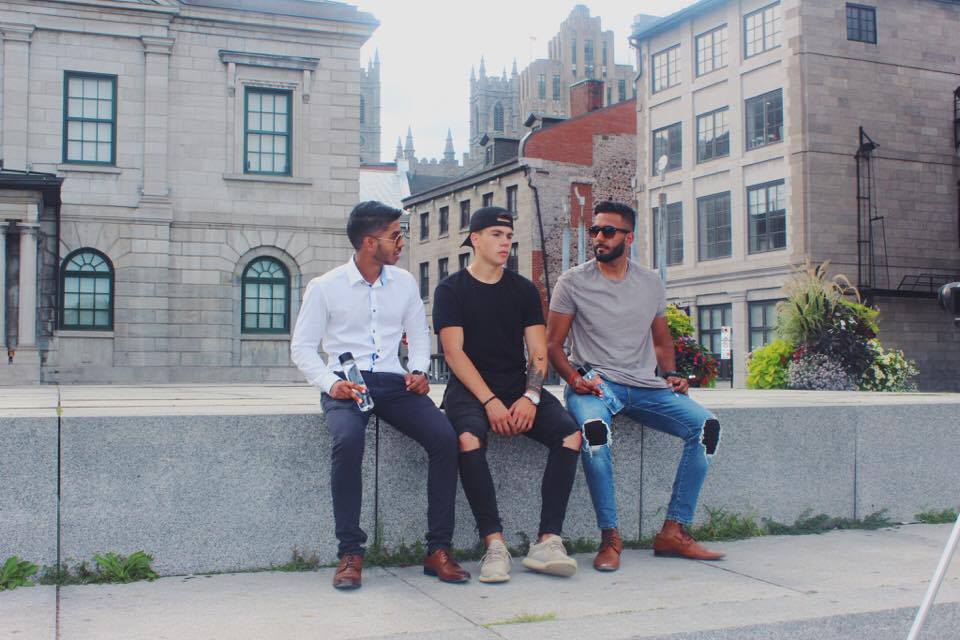Start-up company, Infinity Designs provides basic fashion essentials for a good cause
Two freshmen at Concordia and a student from Syracuse University are the brains behind Infinity Designs, a start-up company that aims to make a difference by providing people with simple fashion essentials, all while donating to a good cause.
The start-up company currently sells two products: a beaded bracelet and a sleek nero water bottle. Ten per cent of all of their profits go to water.org, an organization that provides water for people in countries such as Kenya, Bangladesh and the Philippines.
“When we shop, it’s hard to find a good brand that focuses on quality, fitting and pricing so we decided to take things into our own hands,” said 21-year-old co-founder, Imran Wasaralli. “We also have a strong desire to promote the idea that other businesses can help by donating to charitable organizations.”
Wasaralli and co-founder Verain Kapoor, 21, are both studying finance at Concordia. The third co-founder, Alex Beaupre, 20, is pursuing a degree in marketing at Syracuse University. The three men met at John Abbott College, where they were all pursuing a diploma in business administration. Realizing they shared a passion for fashion and making a difference, they decided to team up and create Infinity Designs, which launched on Aug. 4.
For Wasaralli, it was important to give back to a charity that provides people with basic necessities such as water. “Water is a daily essential for humans to survive, and knowing that there are millions of people out there that currently don’t have access to safe and clean water is very upsetting,” said Wasaralli.
The company’s logo, as well as the name “Infinity Designs” are all inspired by the mission of the three students. According to Wasaralli, the “polygonal infinity sign” logo is simple so it can easily fit on any of their products, while the emphasis on the colour blue is to signify the contributions to water.org. Wasaralli said that the company is called “Infinity Designs” because the ultimate goal is to provide an “infinite” water supply to those in need.
To complement the launch of the brand, the three students created a social media marketing campaign called “MyID,” which stands for “My Infinity Designs.” The concept is simple: anybody can take a picture of themselves wearing an Infinity Designs product and use the hashtag “MyID” to spread the word. “Seeing as though our customers are the ones helping us make a difference in this world by making a purchase, we felt as though the hashtag ‘MyID’ would create a personal connection to Infinity Designs and make them feel [like] an influential part of the brand,” said Kapoor. “Our end goal through our online marketing is to create a brand that people can trust and are proud of,” added Beaupre.
The company is currently being run out of Kapoor’s basement, which has been turned into a makeshift warehouse. Kapoor and Wasaralli can often be found driving around the West Island, making their own deliveries to people who are close by. The three men believe it is important to create these personal connections with their customers, and that it is something they will continue to put emphasis on as they expand their brand.
“We want to continue to develop and launch new accessories that our customers are proud to wear,” said Beaupre. “We want to do this while always sticking to our main focus and goal of helping others in need.”
Check the brand out on their website.
